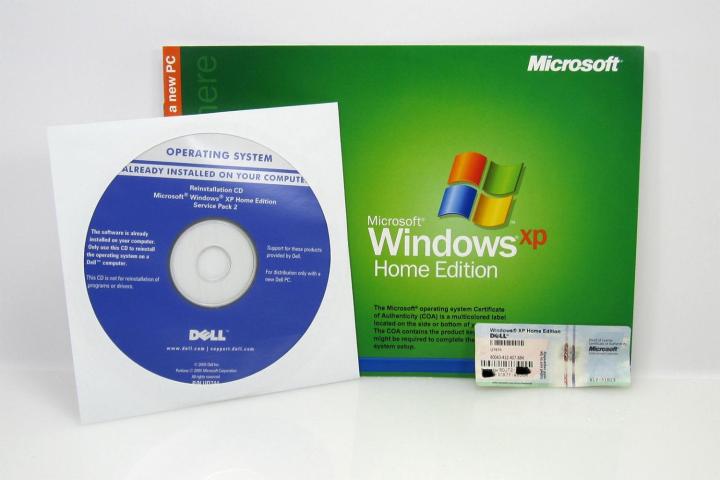
This is still a drop from the near 30 percent of market share that it had in 2014 before end-of-life, but it marks a significant number of users with an unprotected OS. Windows XP is more popular than the last three editions of Mac OS X combined, and remains nearly ten times more popular than Linux.
Online security company ESET, which calls XP the “zombie” operating system, points out that most the remaining Windows XP users are in emerging markets, where upgrading might not be economically feasible, and organizations are slower to upgrade software for compatibility with new operating systems.
Microsoft is pushing hard to get everyone on to Windows 10, and for the most part it has been successful. Yet there are still many hold-outs stuck on the older operating systems.
Today also marks the beginning of the end for Windows Vista. Microsoft will totally end support and security updates for the not-so-popular successor to Windows XP on April 11 2017, and is giving Vista users a year to make the switch. Don’t expect as many loyal users, like XP. Windows Vista barely even registers in the latest OS market share figures with about one percent total market share.
Vista users don’t qualify for the free update to Windows 10, but their negligible numbers aren’t likely a huge concern for Microsoft. The real challenge lies ahead in getting the remaining Windows 7, 8, and 8.1 users to move over to the newest OS, as well as convincing that stubborn 10 percent still on Windows XP to fork out money for a new system. For example, there have been several reports of Windows 7 users being updated to Windows 10 without permission, which has drawn the ire of many Windows users.
Frequent update reminders are just one of the tactics that Microsoft is using to persuade users over to the 10 side. Windows 8 security updates have ended, and in January the company also ended support for many older versions of Internet Explorer in a bid to get everyone on board with the latest and greatest. But as these latest figures show, some people will still take the security risk of using their preferred OS.
Editors' Recommendations
- Ranking all 12 versions of Windows, from worst to best
- Yes, you can use both Mac and Windows — here are some tips to get started
- More PCs are running Windows XP than Windows 11
- Google now has its own way of making Android phones and Windows more compatible
- Windows 11 hits more devices just as the Windows 10 November 2021 Update deploys


